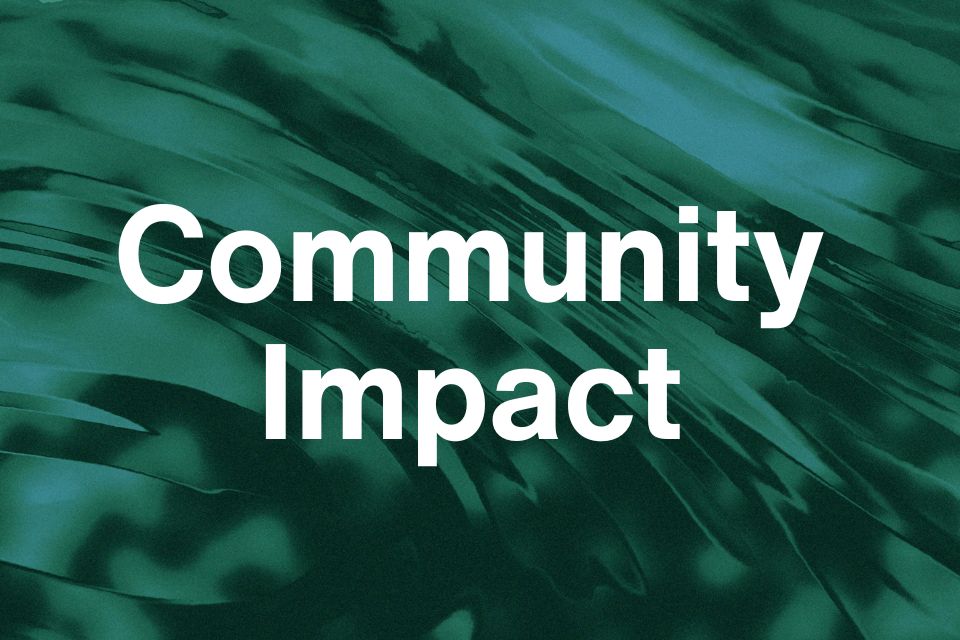
Story shared by Naomi Schatz
What are we doing today, for a better tomorrow?
The B Corp movement is working to create a just and inclusive economy where people from every walk of life thrive. A key impact area is community, which examines a company’s positive impact on the external communities in which the company operates, covering topics like diversity, equity and inclusion, economic impact, civic engagement, and supply chain impact.
As we reflect on what this means to us as individuals, organizations and businesses when seeking to support and work with Indigenous communities, we know that Relationships, Reciprocity and Respect are fundamental.
Relationship
At Rise, we share teachings from community which guide us in knowing that Reconciliation is relationship. Engagement with Indigenous communities isn’t a check box or a siloed action. It is how we listen and how we respond with respect, reverence and generosity.
When we think about relationships, we think about relationships with land, with people, with knowledge and with ourselves. We make space for stories, lead with humility, and we listen deeply (leaving our plans and agendas at the door).
As you can imagine, building relationships takes time. This can encounter tension with our often fast-paced, measurable-driven and deliverable-focused systems in which we live and work. We are reminded to slow down and consider the impact of our work, interactions, and decisions on the land, communities and future generations. We encourage you to adopt a Seven Generational mindset and think of those who will come after you, not just next year or in ten years but in seven generations, just as those who came seven generations before us thought of us.
Respect
When opening and nurturing relationships with community, we honor the diversity of Indigenous communities who have lived on and cared for these lands since time immemorial. With a distinctions-based approach, we respect the distinct histories, relationship to land, cultural values, protocol and traditional knowledge of each community.
Since time immemorial, First Nations, Inuit and Métis have had sophisticated social, political, economic and cultural systems. Many Indigenous communities are actively reclaiming and revitalizing their languages, rematriating their cultures, economic agency, and land, often through community-led initiatives. In this era of transformation, it is crucial for businesses, policymakers, and community leaders to support and amplify Indigenous-led initiatives.
Reciprocity
A teaching recently shared with us by Tim Laronde from Nippising First Nation, prompts us to ask ourselves when seeking to engage or work with an Indigenous community, “How am I working to build community capacity or wealth (wealth meaning economic, cultural, health and more)?” When we seek ways to support communities, we listen so we may learn about opportunities for reciprocity that advance community priorities, including cultural, health, economic, social, education, health and wellness.
We look to the Indigenous Peoples, activists, Elders, and leaders who have shared their stories and wisdom towards advocating for transformational change. We see this in the foundational work that provides a compass to advance Truth, Reconciliation and Indigenous Inclusion. This includes the Truth and Reconciliation Calls to Action, the United Nations Declaration on the Rights of Indigenous Peoples Act, the National Indigenous Economic Strategy, the OCAP Principles and the MMIWG Calls for Justice. It is our work as individuals, organizations and businesses to understand and take action, following the guidance outlined in these fundamental documents.
As a certified B Corp since 2022, we reflect on the importance of community impact and the opportunity and responsibility we have as businesses to be an ally. Being an ally is an ongoing process of critical self-reflection, commitment and accountability. It is working to dismantle systems of oppression and taking action to advance justice and equity. Relationships, Reciprocity and Respect will help to guide us towards a more equitable future. Step by step, we move towards a future where Indigenous Peoples and communities decide their futures based on self-determination, strength and positive change.
